September 28, 2016
Apple agrees to lease half million sq. ft. office at Battersea Power Station 0
 Apple has confirmed the rumours that began in the Spring of this year by announcing that it is to relocate its UK headquarters from its current base in the West End along with several other sites to the redeveloped Battersea Power Station. The site’s developers say that Apple will become the largest office tenant at the £9 billion Battersea Power Station mixed use development occupying approximately 500,000 sq. ft. across 6 floors of the central Boiler House inside the iconic building. Apple is expected to move into the Power Station in 2021 at which time the office will account for circa 40 percent of the total office space in the whole development. 1400 Apple employees from existing offices around London will relocate to one of London’s best known landmarks. Apple has added, that this is a great opportunity to have its entire team working and collaborating in one location while supporting the renovation of a neighbourhood rich with history.
Apple has confirmed the rumours that began in the Spring of this year by announcing that it is to relocate its UK headquarters from its current base in the West End along with several other sites to the redeveloped Battersea Power Station. The site’s developers say that Apple will become the largest office tenant at the £9 billion Battersea Power Station mixed use development occupying approximately 500,000 sq. ft. across 6 floors of the central Boiler House inside the iconic building. Apple is expected to move into the Power Station in 2021 at which time the office will account for circa 40 percent of the total office space in the whole development. 1400 Apple employees from existing offices around London will relocate to one of London’s best known landmarks. Apple has added, that this is a great opportunity to have its entire team working and collaborating in one location while supporting the renovation of a neighbourhood rich with history.











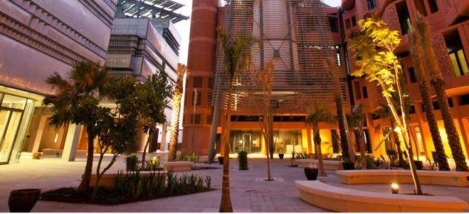
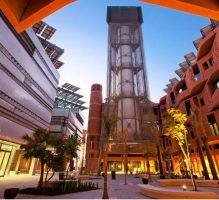








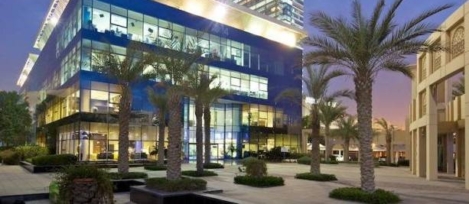
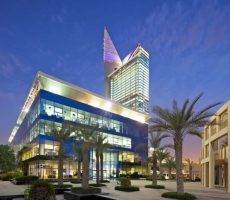
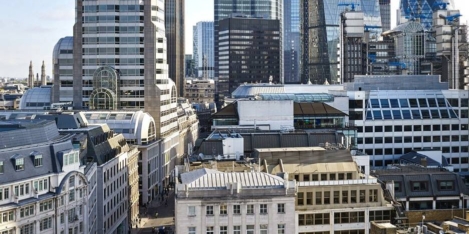
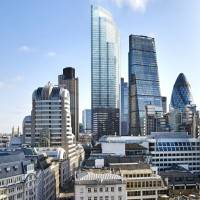 The UK commercial property sector is now larger than at any time since before the last recession, claims a new analysis from the Investment Property Forum. It has risen nearly 50 percent since its lowest point in 2009 and is now valued at £871 billion, an increase of around 11 percent. The amount of stock actually shrank last year, according to the study, with the increase in overall value arising from price rises. The previous highest valuation the IPF puts on the market was £865 billion in 2006. All is not good news however as a second report from the same organisation which explores sentiment in the market following the Brexit vote confirms there is a great deal of uncertainty in the market. This is particularly acute in the London market which makes up over a third of the nation’s total and is increasingly dominated by foreign owners who may have a negative response to the UK’s vote to leave the EU. Intriguingly, the report found that total floorspace marginally declined over 2015 and has only increased by 0.9 percent since the market high of 2006.
The UK commercial property sector is now larger than at any time since before the last recession, claims a new analysis from the Investment Property Forum. It has risen nearly 50 percent since its lowest point in 2009 and is now valued at £871 billion, an increase of around 11 percent. The amount of stock actually shrank last year, according to the study, with the increase in overall value arising from price rises. The previous highest valuation the IPF puts on the market was £865 billion in 2006. All is not good news however as a second report from the same organisation which explores sentiment in the market following the Brexit vote confirms there is a great deal of uncertainty in the market. This is particularly acute in the London market which makes up over a third of the nation’s total and is increasingly dominated by foreign owners who may have a negative response to the UK’s vote to leave the EU. Intriguingly, the report found that total floorspace marginally declined over 2015 and has only increased by 0.9 percent since the market high of 2006.

















September 5, 2016
We’re only just beginning to understand the issue of indoor air quality 0
by Paul McLaughlin • Cities, Comment, Facilities management, Wellbeing
More →